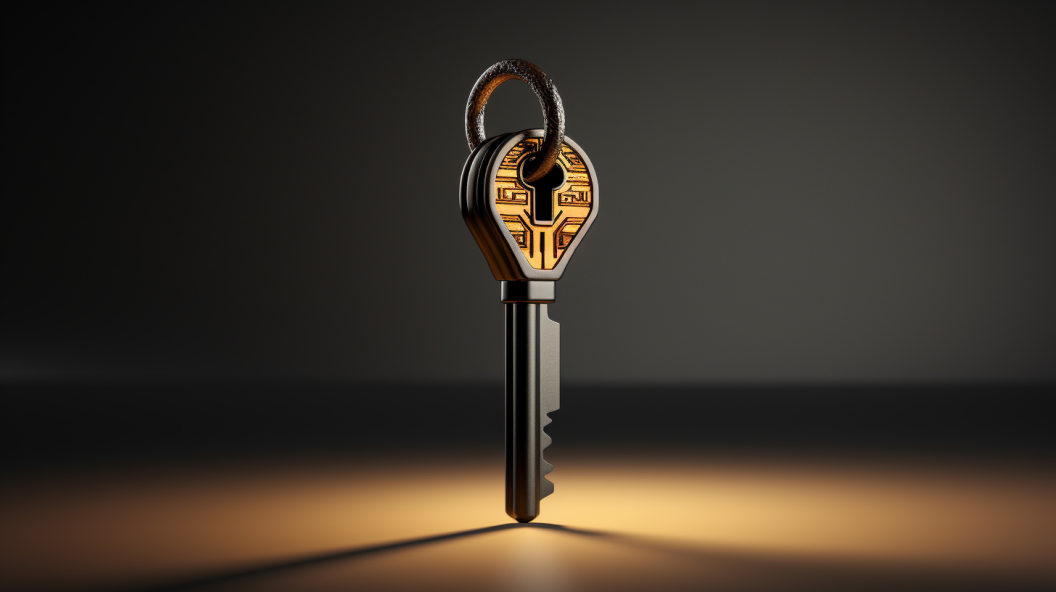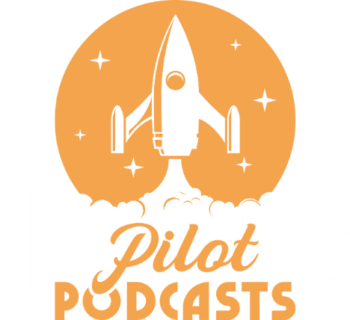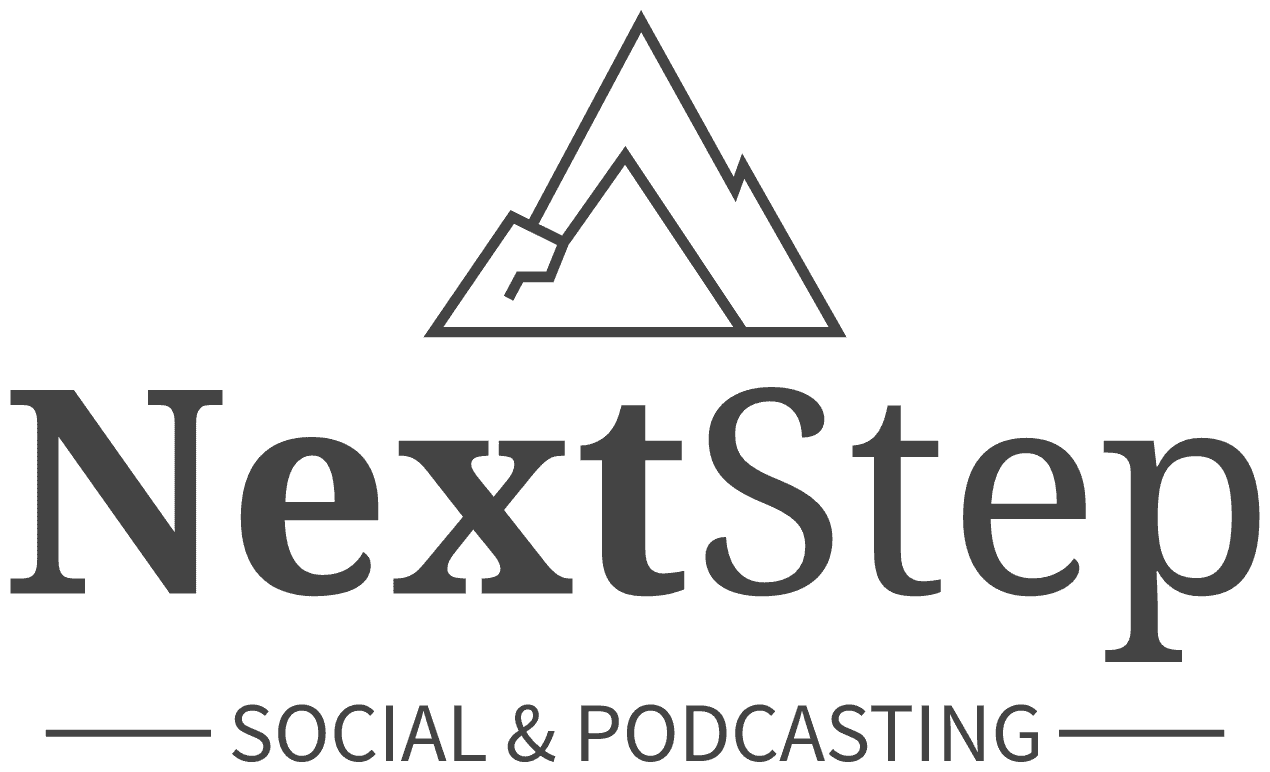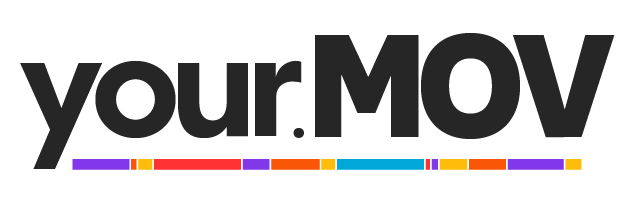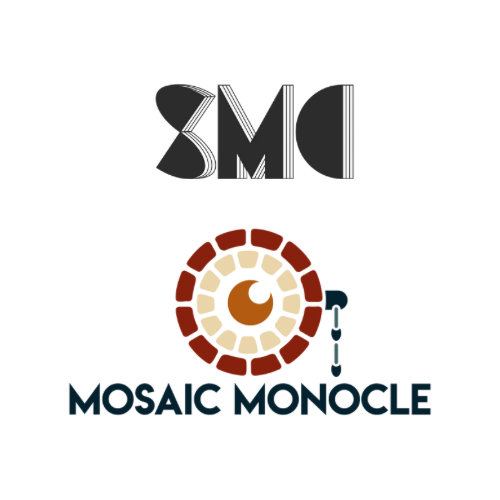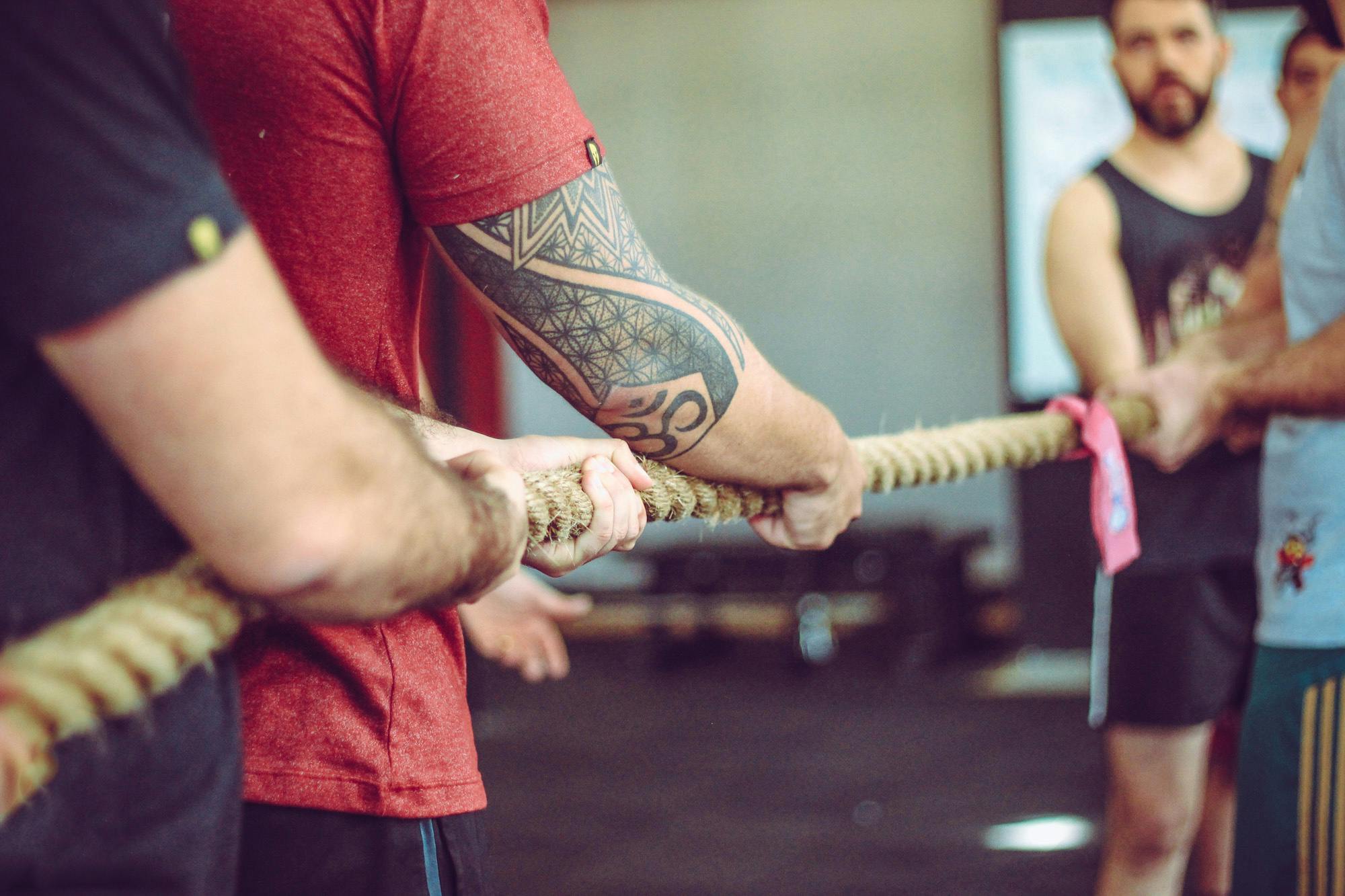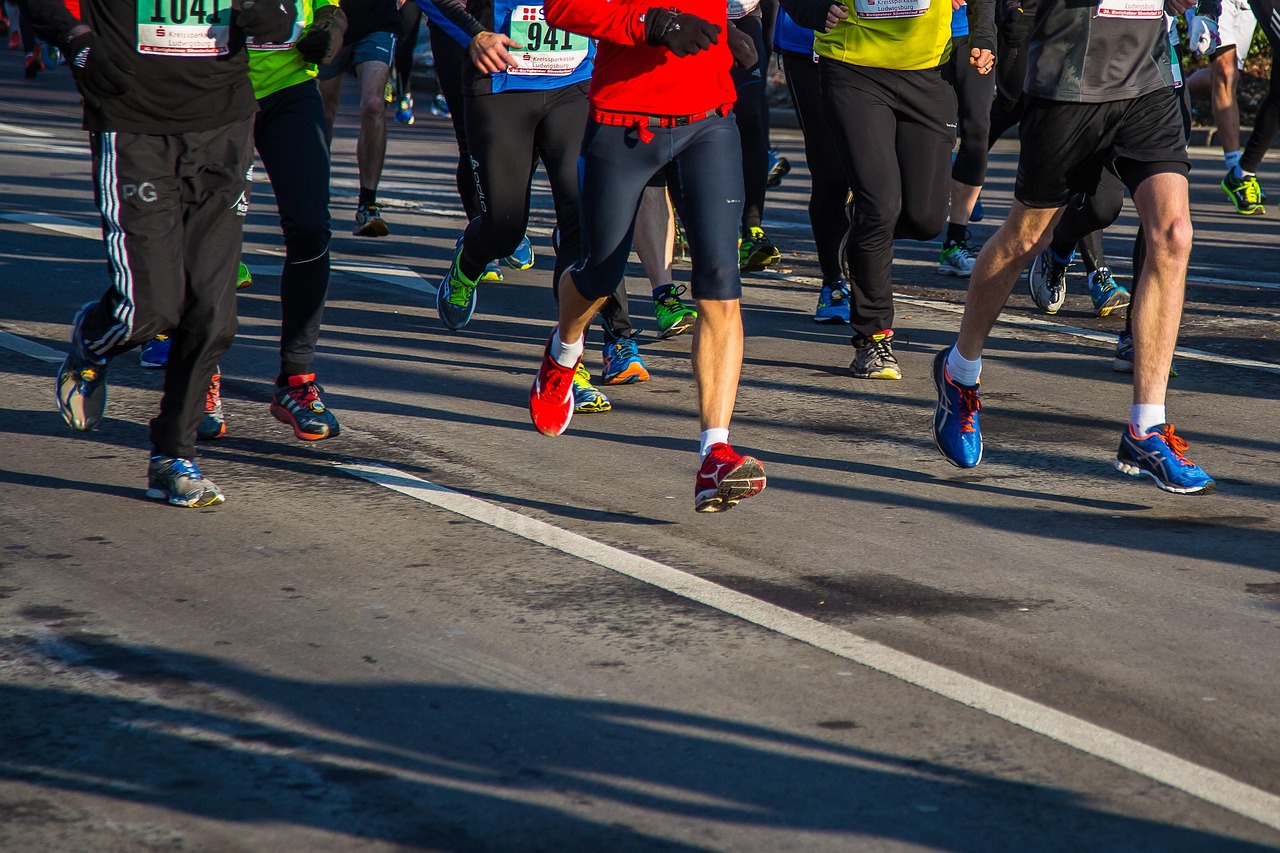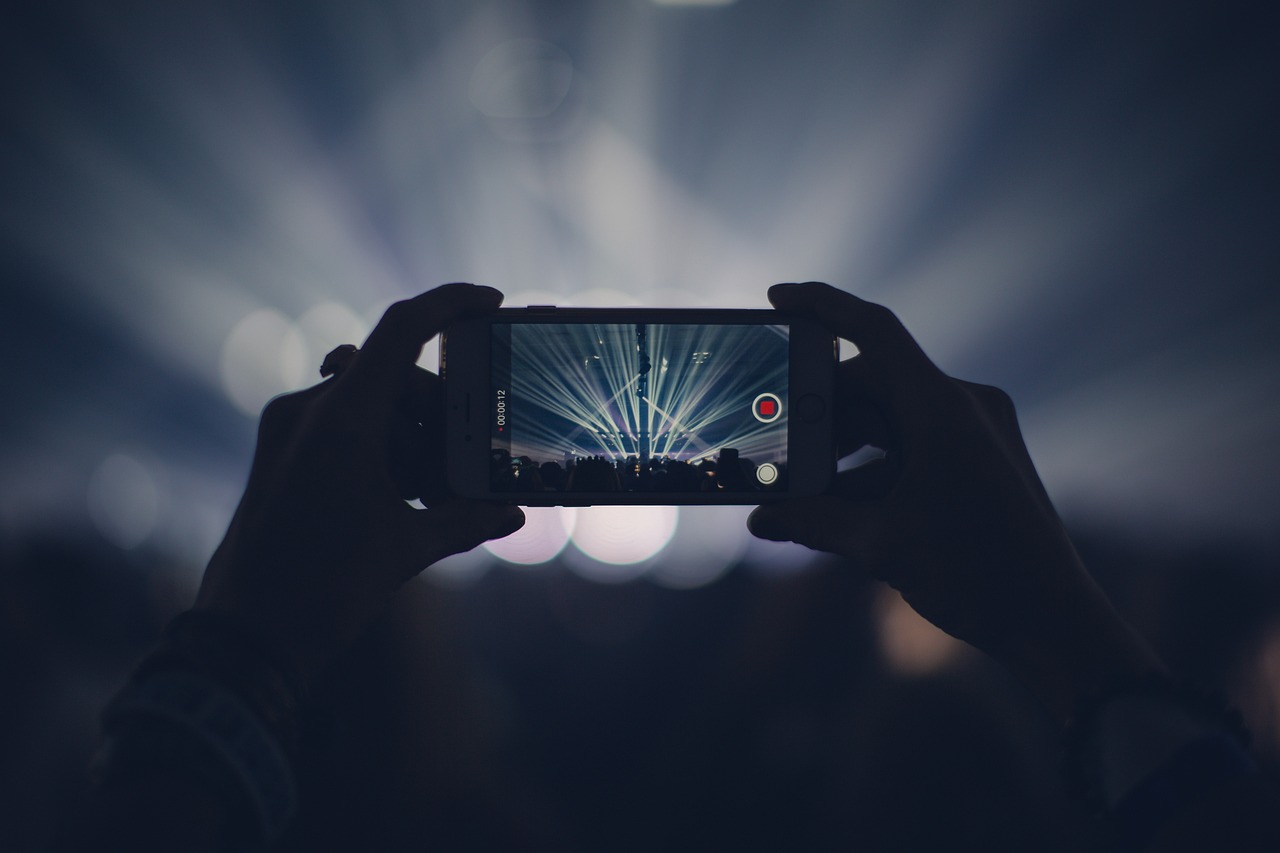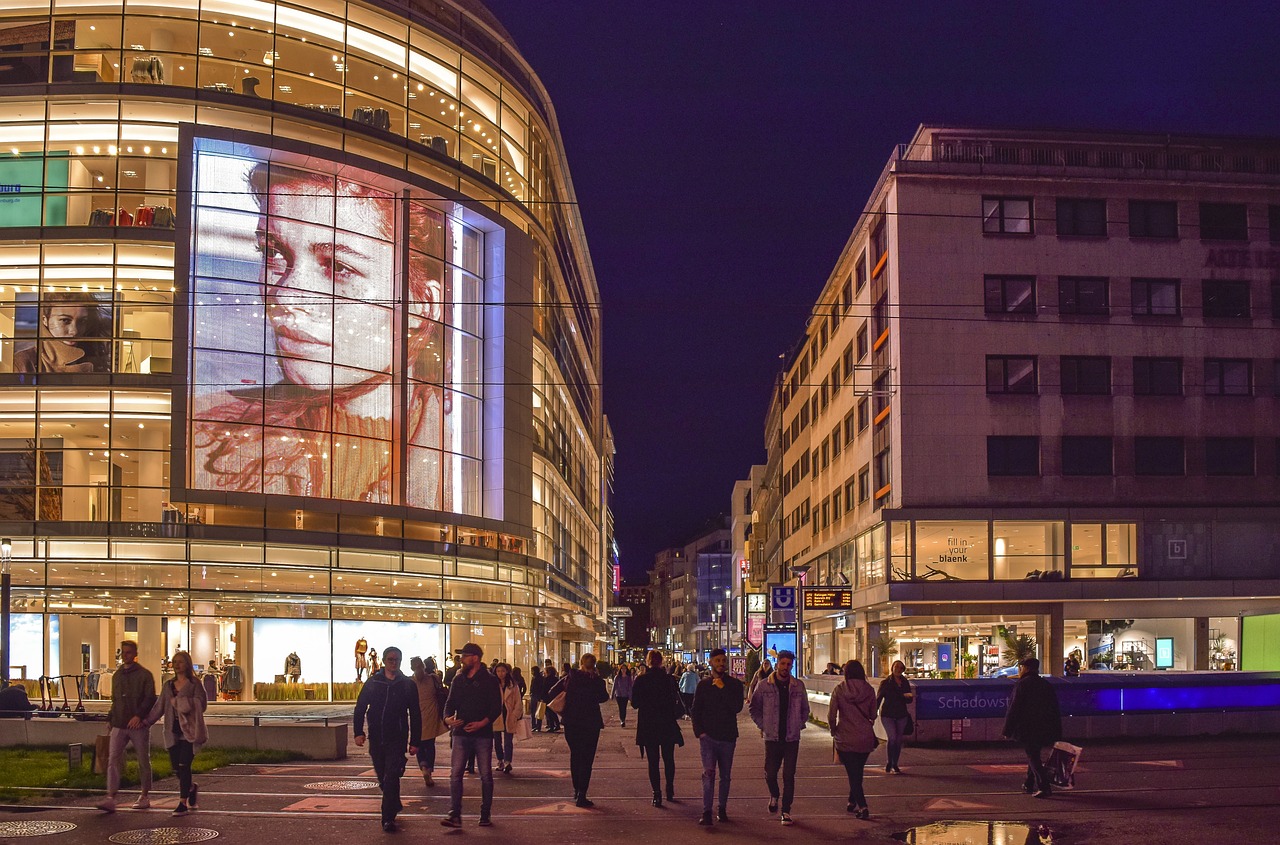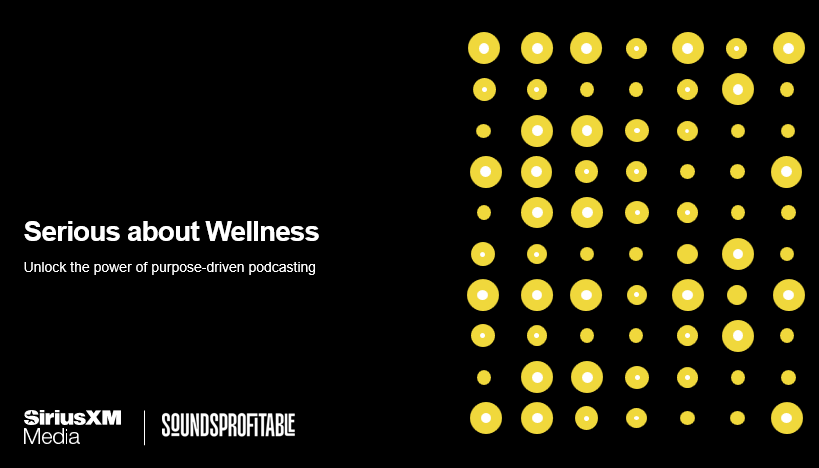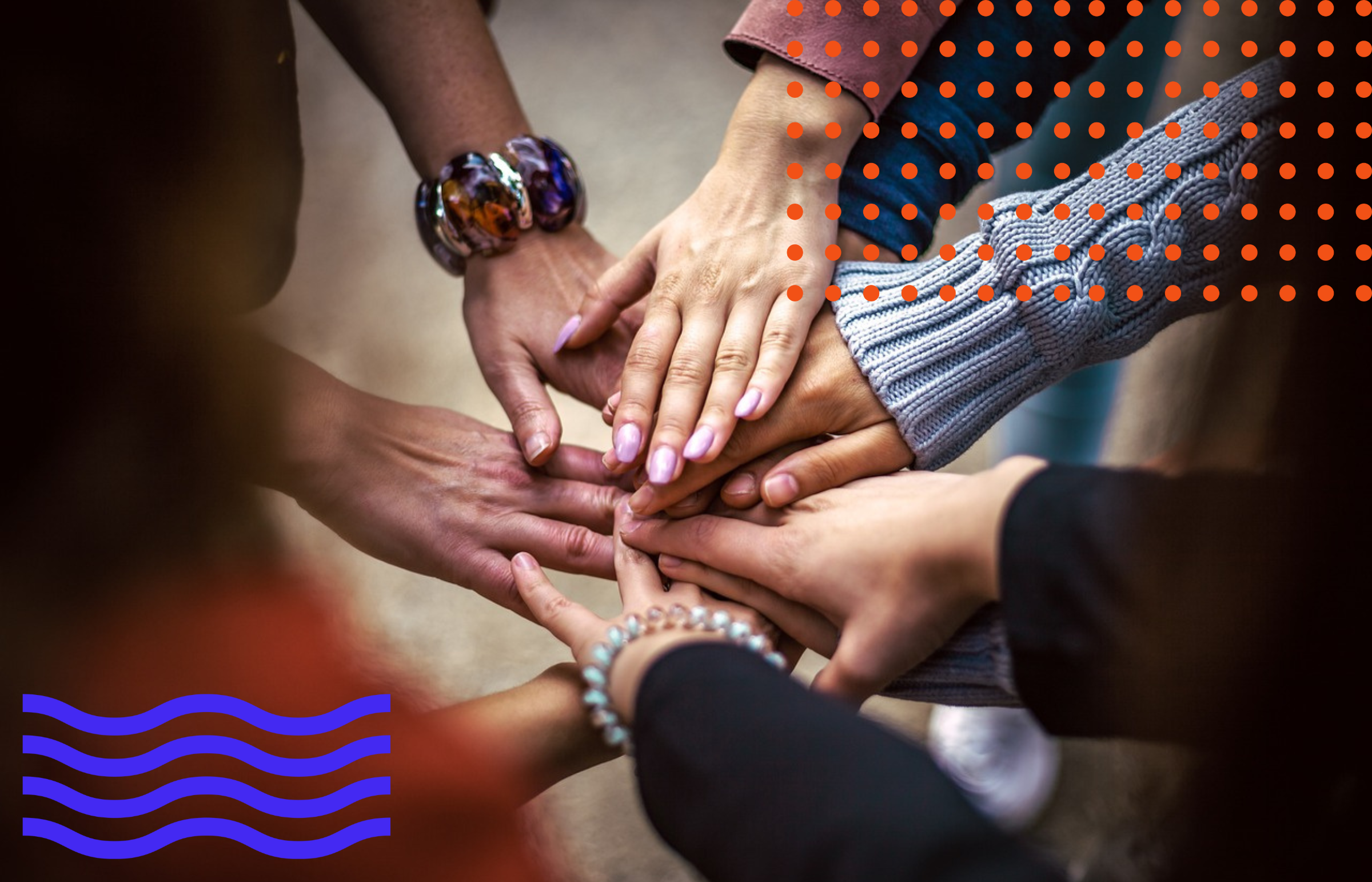The Podscape, an easy-to-navigate guide to the companies and services that make up podcasting, has been updated for early 2024! Check it out now. The Podscape is a living document and will continue to be updated. If your podcasting company is not yet represented, email podscape@magellan.ai to be included in a future update.
“The Host Relationship” in podcasting is something we talk about a lot, but rarely do we break it down into its component parts. A host can be funny, knowledgeable, or otherwise entertaining – but that’s true of our favorite YouTube creators and the stars of our favorite TV shows, too. There is another element that, when present, unlocks a whole new level of trust and persuasiveness in podcasting that makes them incredibly persuasive: empathy.
This crystallized for me when I learned about the recent success of Body Electric, which was a short podcast series produced by NPR and hosted by the host of Ted Radio Hour, Manoush Zomorodi. The show’s premise was a grand experiment: could a podcast get people to move a little more? Dr. James Levine once coined the phrase “sitting is the new smoking” to describe the impact that spending a day in our chairs is having on our lifespan and healthspan; he believes that every sedentary hour we spend in a chair could cost us up to two hours of life.
We know podcasts can sell mattresses and food delivery services, but can they combat a trend that COVID-related lockdowns have seemingly exacerbated? That was the question behind the Body Electric podcast, which partnered with Columbia University Medical Center for a study unlike any other. This collaboration sought to understand if regular movement breaks could significantly impact our increasingly sedentary, tech-dominated lifestyles. Could a podcast transform its audience from mere listeners to active participants? That’s precisely what Manoush, who spends a lot of her time focusing on the intersection between technology and our physical lives, wanted to find out.=
The results were extremely positive – so much so that I wanted to pick Manoush’s brain about how and why so many people participated in this and what “exportable insights” she would take to other podcasts and shows in the future. So, I sat down with her and asked her to share what she learned. From the start, she said, “We wanted to see, ‘Was this possible?’ And we didn’t know the answer. We started off the podcast being like, we’re going to tell you [how] all these different technologies impact your body…and we’re also going to invite you to participate in this study.”
Body Electric tapped into the unique relationship between podcast hosts and their audience that we always talk about in advertising and showed its power in changing lifestyle behaviors. Manoush harnessed this connection, inviting her listeners to join the Columbia experiment by moving more throughout the day and committing to taking a five-minute walk break every half-hour to combat the effects of sitting. The response was extraordinary, transcending mere data collection. “I think our researchers at Columbia were overwhelmed by the response,” Manoush recalls. “People are going to be into this.”
Over 20,000 people signed up and joined the study, taking varying numbers of walk breaks daily and reporting their fatigue levels and emotional state throughout the experiment. The results were overwhelmingly positive – fatigue was reduced by 25%, and the more people moved, the better they felt. To some, this might be counterintuitive – if you are tired, why would moving more make you feel less fatigued? Even participating in this study required some respondents to fight against this apparent cognitive dissonance, getting up and moving anyway because a podcast asked them to.
The podcast didn’t just gather data; it sparked a movement. The preliminary findings pointed to the benefits of the prescribed movement breaks, but the real success lay in the depth of listener engagement. This wasn’t just an audience but a community taking a collective step towards better health. As Manoush told me, “The feedback loop between the podcast and then the listeners is a beautiful thing.”
It was that feedback loop that Manoush singled out as one of the things she would keep top of mind in any future podcast or show she works on. We don’t often think of podcasts as “interactive.” Still, where a visible and transparent feedback system can be seen and contributed to by an audience, they can become more than just passive bystanders – and this may have played a role in listeners’ compliance with the movement breaks. But there was something more profound than that going on, which led to the success of the Body Electric experiment. Here’s how Manoush put it:
I think it does come back to talking to people about problems they’ve sensed they had, but couldn’t put words to. When you are able to explain to someone through a story, or reporting, or just talking in conversation… if you are making the listener think like, Oh, my God, that’s exactly how I feel. Thank you. Yes, yes, that is it…this sort of moment of feeling seen, ironically, by a podcaster. That’s a connection that they will be very loyal to if they feel understood by you.
Of course, the Body Electric audience is intelligent, and they aren’t going to do things because a podcast tells them to. That’s where the Columbia University connection came in – there was actual, compelling science behind moving five minutes more every half hour. Manoush singled this point out: “I think our podcast listeners want to know why – why should I do it? So we get into the stories behind the research, why the research was done, who are the people doing the research, and then issue this call to action.” As my brilliant wife, Tamsen, often points out to her clients, “We are not rational decision-makers; we are rationalizing decision-makers” – we often make decisions intuitively and then find the logical means to justify them after the fact. This means the research alone isn’t enough – the real magic happened with the secret sauce of Body Electric: a shared experience.
One of the strengths we often tout about podcasting is that it’s on-demand and personal. However, a skilled podcaster can make “personal” feel communal. This was always one of the keys to success for organizations like Weight Watchers: it’s one thing for you to read a book about dieting, but WW also knew that your chances of losing weight – and their chances of creating a happy, loyal customer, hinged on getting you to go to actual meetings. Manoush raised this very phenomenon in our conversation:
There is something compelling in knowing that as you listen to [the podcast], thousands or even tens of thousands of other people are also listening and giving it a go. That’s what we love about media [like] Monday Night Football or watching a live concert: we want to be with groups. We want to be together and feel like we’re moving the needle to have meaning. If you tell people that you yourself are going to make a change, and you’re going to do it with like-minded people, guess what: you might change the way society looks at movement and screen time. That’s pretty cool.
Ultimately, it’s that last bit that led to the success of Body Electric. You need the basic science to make sense, of course, and the sense of a shared experience certainly provides motivation. But the real key is something Manoush is too modest to say: Manoush herself. When a podcast host isn’t just “instructing” an audience but telling them that they are going on this journey with them as an equal participant, this activates one of the unique superpowers of podcasting and one we don’t speak precisely enough about: the power of empathy.
When a podcast can truly tap into empathy and authentically communicate to an audience that the host isn’t talking down to or lecturing them but is actually in the swim of life with them and sharing their struggles? There is nothing more powerful. If this person you identify with and makes you feel heard can make a change in their life, so can we all. And podcasting, almost uniquely among digital media channels, provides the opportunity to channel genuine empathy into potentially changing lives – not just selling motor oil.
In that sense, the lessons of Body Electric extend beyond advertising to nearly any critical communication. Are you trying to navigate a culture shift within an organization? A podcast featuring your peers who are also navigating the changes is better than a video from the CEO. The same is true for communicating a company’s values to the outside world after it has acquired another company or been acquired. And, of course, apropos of this newsletter, there might be no better way for organizations, healthcare companies, and insurance providers to encourage meaningful changes to our healthspan than podcasts featuring people we identify with making those same changes with us.
For organizations like that, a podcast should potentially be the first line of communication. But even if you are an individual podcaster, there is a lesson to be learned here about empathy – the more you can make an audience feel like you are on the journey with them, the more likely they are to take the first step, whatever that might be.
The story of Body Electric proves that podcasts have the power to inform, entertain, and, most importantly, mobilize and enact tangible change. The challenge now lies in harnessing this potential. With a microphone in hand and a world of listeners tuned in, every episode can be a step toward action, improvement, and collective advancement. As Manoush aptly puts it, “It’s not just for you, it’s for our culture.” The journey has just begun, and the possibilities are endless. Let’s embrace this opportunity and make every word count…with a little empathy. Surely that’s not a bad thing.
New Partners
Sounds Profitable exists thanks to the continued support of our amazing partners. Monthly consulting, free tickets to our quarterly events, partner-only webinars, and access to our 1,800+ person slack channel are all benefits of partnering Sounds Profitable.
-
Direct Results creates custom audio campaigns using extensive data, engaging storytelling and meticulous matching of buyers to sellers to drive new customer acquisition and achieve predictable and repeatable outcomes.
-
Boston Globe Media is the largest independent media organization in New England and home to The Boston Globe, which has served the region with trusted journalism for more than 151 years, earning 27 Pulitzer Prizes and hundreds of national awards.
Want to learn more about partnership? Hit reply or send us an email!

